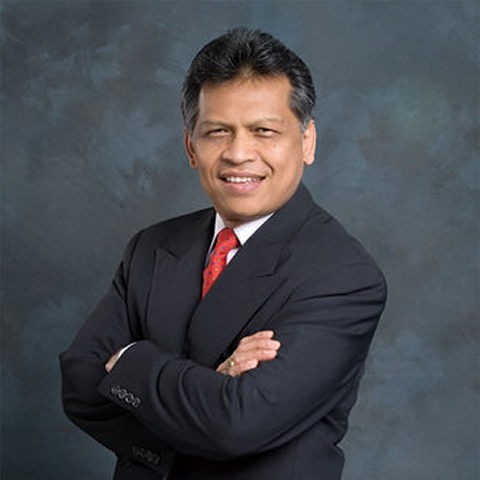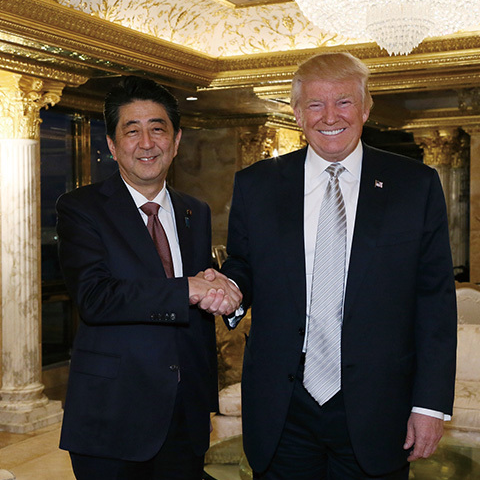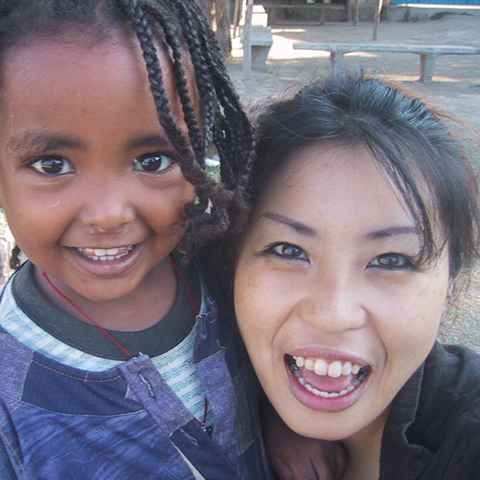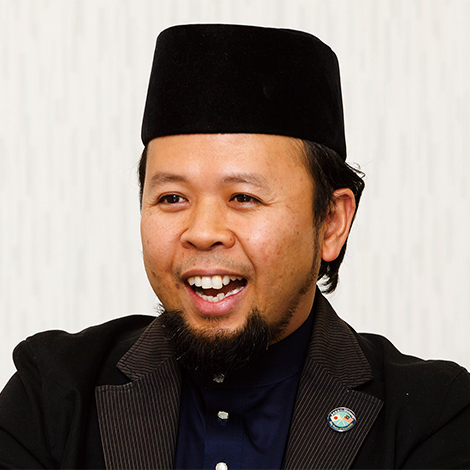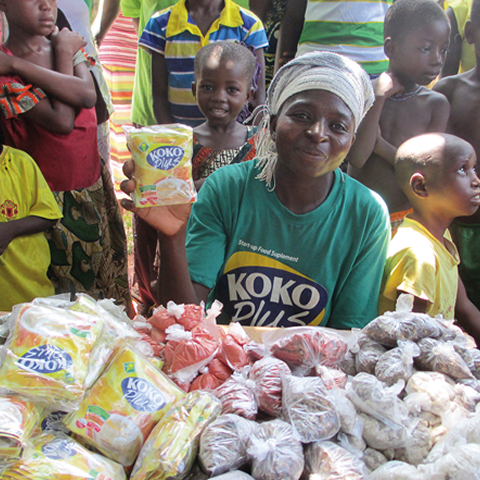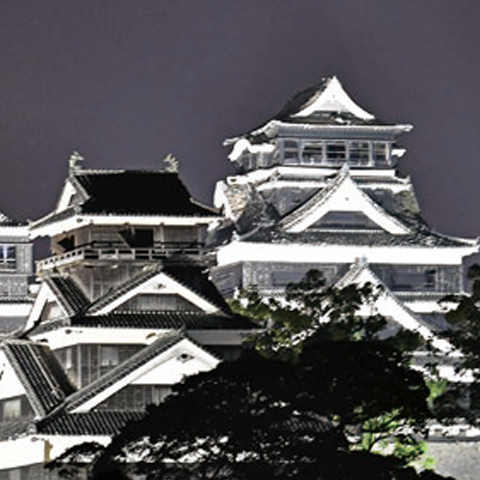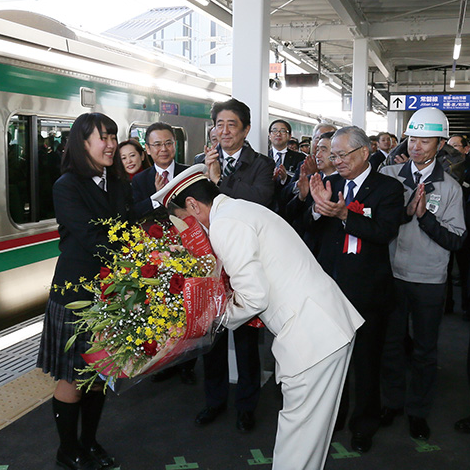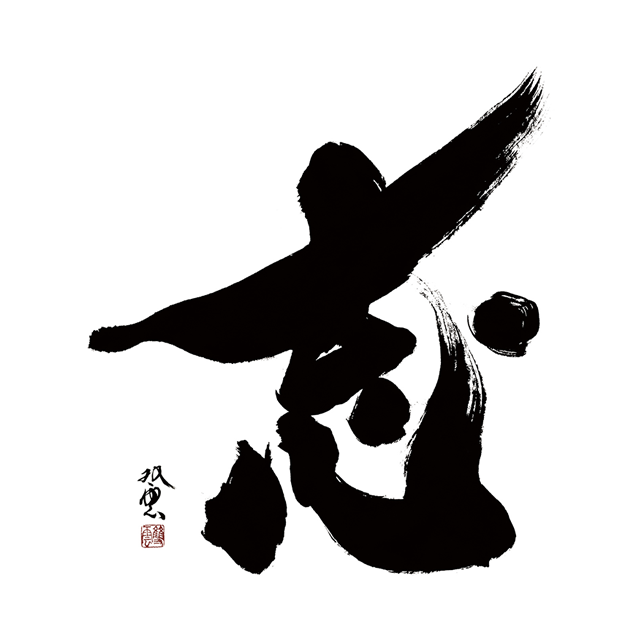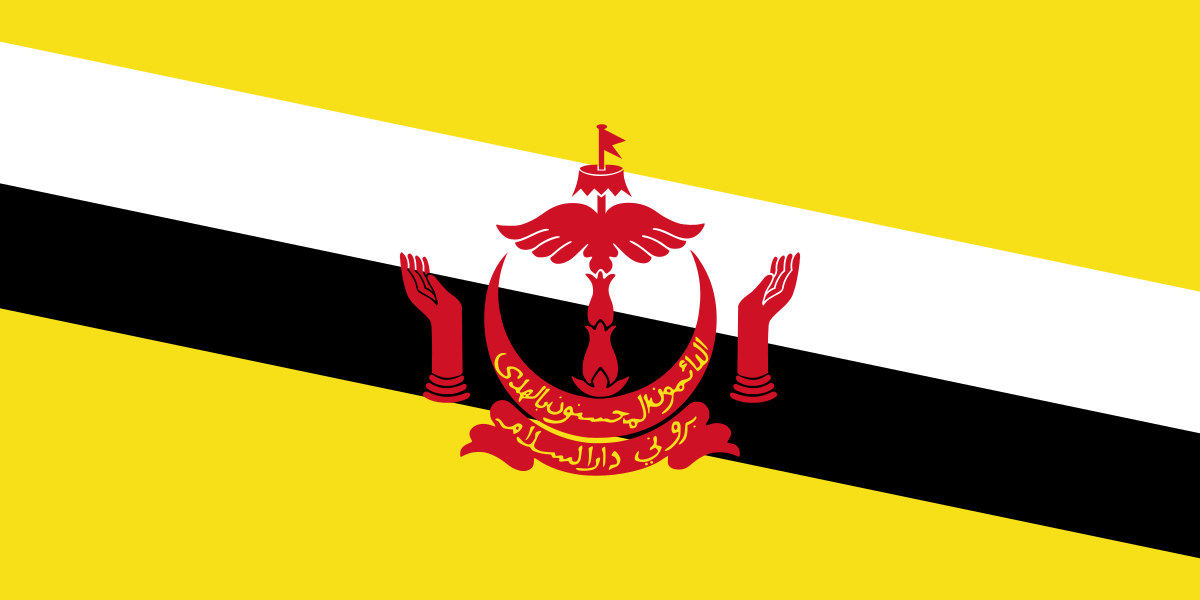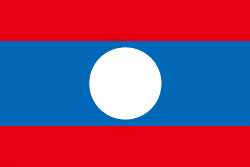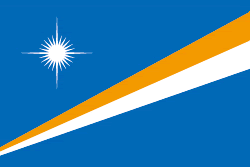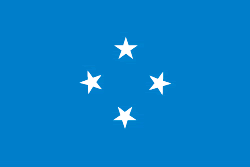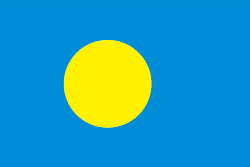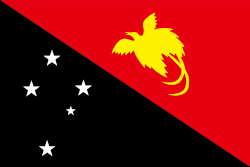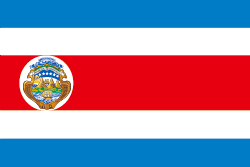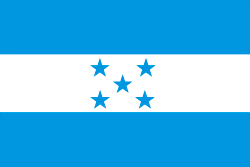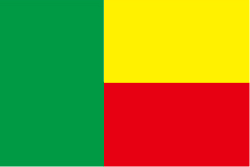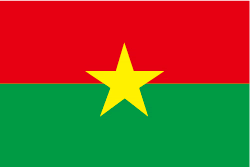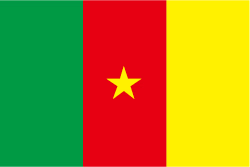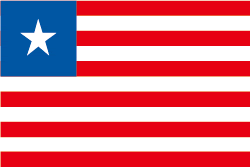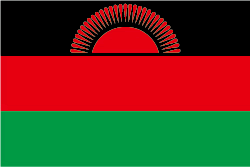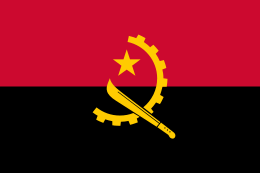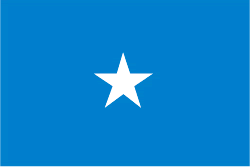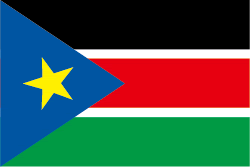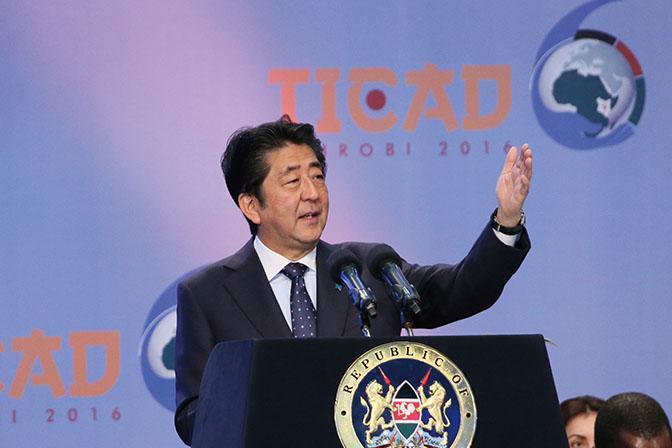At long last, and exactly as promised, TICAD (Tokyo International Conference on African Development) has come to Africa! With 23 years behind us, TICAD is now on African soil, opening a new chapter in the relationship between Japan and African countries.
Africa is now off and running, aiming at long-range goals, aspiring to be a certain kind of continent with certain kinds of countries in 2063. Agenda 2063—the grandness of this concept, to the best of my knowledge, is simply unparalleled.
However, the enormous continent of Africa has given no permanent member to the United Nations Security Council.Agenda 2063 states clearly that by 2023, it will rectify this situation. You in Africa have a right as a matter of course to demand that the international community better reflect your views. Africa should send a permanent member to the United Nations Security Council by 2023 at the very latest.
Reform of the United Nations Security Council is truly a goal that Japan and Africa hold in common. I call on everyone here to walk together towards achieving it.
Over the recent past, Africa has not been free from tragedy. Ebola virus disease claimed over 10,000 lives. Some countries are troubled by the plunge in the price of commodities, while in other nations, peace has been shattered.
Whatever problems there are in Africa, however, they are quite simply there to be solved, period. And Japan is a country that ardently hopes to resolve the issues facing Africa together with Africa, and will not let up in its efforts.
Some 70 Japanese companies have sent executives here to TICAD. Japanese companies are committed to quality. Our hunch is that the time has come to make the best of Japan’s capabilities, Japanese companies’ capabilities, for the advancement of Africa, where you seek nothing but quality in your socio-economic development. I declare to you that we will launch the “Japan-Africa Public and Private Economic Forum” as a permanent forum. Members of the Japanese Cabinet, together with top executives from Japan’s major business associations and corporations, will visit Africa once every three years. This makes it a forum bringing the power of the public and private sectors together to forge solutions.
The pledges my government announced three years ago in Yokohama still have two years remaining before they fall due, and yet 67 percent of them have already been carried out.
Today’s new pledges enhance and further expand upon those launched three years ago. The motif here is “Quality and Empowerment,” which reflects the outcomes of the G7 Summit Japan hosted this year in a place called Ise-Shima.
Allow me here to add to the word “Africa” the three modifiers of “quality,” “resilient,” and “stable.” That is precisely the form of Africa that Japan will aim for, working together with you.
A “quality Africa” will be built through the three elements of infrastructure, human resources, and “kaizen.”
Japan will appropriate approximately 10 billion US dollars to Africa over the next three years for building infrastructure. A portion of this will be executed through cooperation with the African Development Bank.
Next, human resources. Under the “ABE Initiative,” the number of future executives from Africa who have studied in Japan will soon reach a thousand. As a new pillar, we want to foster future foremen and plant managers—leaders at worksites. Over three years, the Initiative will foster roughly 1,500 people. In addition, by bringing Japan’s higher education system, by 2018, we wish to have raised a total of 30,000 people to be the human resources supporting the foundations of industry.
The final element is “kaizen.” “Kaizen” enhances productivity and decreases defective goods through the initiatives and ingenuity of the people working on the production line. The common philosophy running through this is trust in each individual worker. It is a philosophy and a method born in Japan. Japan will cooperate with NEPAD to spread “kaizen” all throughout Africa. We will aim to increase by 30 percent the productivity of factories where “kaizen” is introduced.
A “resilient Africa” is one that does not capitulate to illness. When a public health emergency like Ebola occurs, two things matter: to have preparedness in the local areas, and for the entire international community to confront it. Japan will foster experts and policy professionals who will combat infectious diseases, for a total of 20,000 people over three years. At the G7 Summit, Japan set forth a contribution plan for the field of health. More than 500 million US dollars of that will be channeled through global organizations in order to strengthen Africa’s health systems and counter infectious diseases. In doing so, we expect to save the lives of more than 300,000 people.
Of course, promoting universal health coverage, or “UHC,” is the foundation for everything. Japan’s goal will be to increase the population benefiting from fundamental health services by 2 million people over the next three years. I will also mention that we will launch the Initiative for Food and Nutrition Security in Africa, or “IFNA.”
A “stable Africa” is one that goes all out to bring about peace and build the foundations for security. The very first time Japan’s Self-Defense Forces were engaged in PKO in Africa was in Mozambique in 1993, the same year in which the TICAD process started. It is the trust that the SDFs have built up since then that has made the job of human resource development possible. For Japan, which bears the flag of “Proactive Contribution to Peace” based on the principle of international cooperation, this is a very gratifying development.
A “stable Africa” is also one in which young people have both self-efficacy and self-esteem. In order to cultivate selfconfidence and dreams in young people, Japan would like to provide vocational training to 50,000 people over the next three years.
To bring about a quality, resilient, and stable Africa, Japan will empower, in other words, implement human resource development for 10 million people over three years beginning in 2016.
When combined with investment from the private sector, I expect the total will amount to 30 billion US dollars. This is an investment that has faith in Africa’s future, an investment for both Japan and Africa to grow together.
When you cross the seas of Asia and the Indian Ocean and come to Nairobi, you then understand very well that what connects Asia and Africa is the sea lanes. Japan bears the responsibility of fostering the confluence of the Pacific and Indian Oceans and of Asia and Africa into a place that values freedom, the rule of law, and the market economy, free from force or coercion, and making it prosperous.
Japan wants to work together with you in Africa in order to make the seas that connect the two continents into peaceful seas that are governed by the rule of law. Let us make this stretch from Asia to Africa a main artery for growth and prosperity. Let us advance together, Africa and Japan, sharing a common vision.
The future abounds with blazes of bright colors. We are poised to hear the intense yet refreshing beat of the drums.
My African friends, let us continue to walk forward together, believing in the potential that the future holds.
Thank you very much.
Tomodachi Menu
- Top
- Previous Issues
- Topic
- Country/Region
Close

- Top
- Previous Issues
- Topic
- Country/Region
-
- Asia
-
- Pacific
-
- North America
-
- Latin America and the Caribbean
-
- Europe
-
- Middle East
-
- Africa
-
- Other Area
-
-
Tomodachi Japan in Africa Edition 2016

























